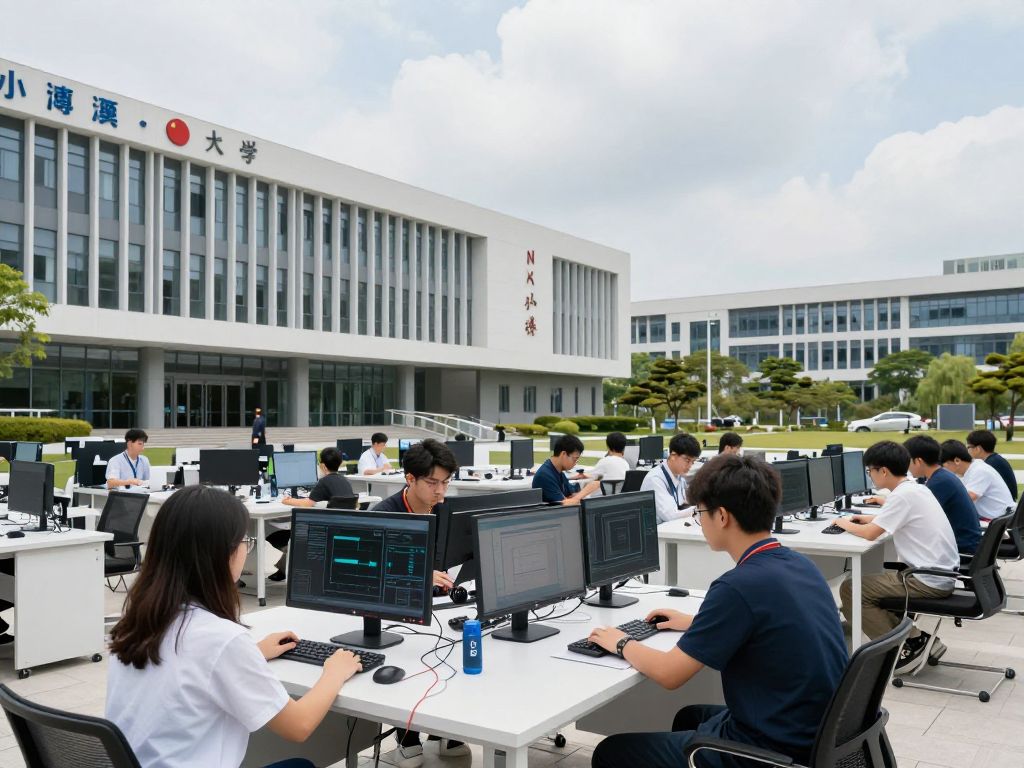News Summary
An investigation by ABC15 has uncovered significant disparities in the salaries and compensation packages of school superintendents across 84 Arizona school districts. The report highlights that some superintendents earn over $300,000 annually, raising concerns about transparency and the alignment of compensation with performance metrics. Notably, performance bonuses and additional benefits contribute to inflated salaries, calling into question the fiscal responsibility of school boards and the justification for these high compensation packages amidst educational funding challenges.
Arizona has become the focus of an investigation into the salaries and compensation packages of school superintendents. A detailed inquiry by ABC15 has uncovered considerable discrepancies in the compensation across 84 school districts, revealing that many superintendents earn far more than expected.
The probe, which commenced in late April 2025, sought to obtain superintendent contracts, total compensation breakdowns, and salaries of employees earning over $100,000. Although superintendent contracts are public records, accessing them involved navigating extensive bureaucratic processes. The findings showcased significant financial rewards that have raised questions about transparency and fairness.
One notable case is that of Jeremy Calles, the superintendent of Tolleson Union High School District. For the 2025-2026 school year, his potential earnings could surpass $475,000, a figure that encompasses bonuses and various perks. His base salary was reported at $334,800 last year, but with the inclusion of bonuses and additional benefits, his total compensation approached $433,000. This total surpasses the annual salary of Phoenix’s City Manager, Jeff Barton, who earned $431,734.40 in 2024.
Furthermore, the investigation uncovered that at least 13 superintendents in Arizona receive more than $300,000 annually by combining their base salary and additional compensation. The analysis revealed that 33 of the 84 contracts evaluated documented additional compensation exceeding $50,000 beyond the base salary. Such packages can include car allowances, technology allowances, civic engagement funds, retirement contributions, and housing allowances.
Performance bonuses can further inflate these salaries, with state law permitting bonuses to reach up to 20% of the base salary depending on specific performance metrics. This structure has attracted criticism, particularly from watchdog groups concerned about the alignment of compensation with genuine performance outcomes.
The investigation also highlighted ongoing issues related to the transparency of superintendent salary negotiations, which often take place in private executive sessions. There is a prevailing concern that lacking public accessibility to these compensation discussions does not reflect well on the governing school boards, which are aiming to provide competitive salaries but may be compromising on accountability.
In response to the findings, the executive director of the Arizona School Administrators acknowledged that the goal of school boards is to offer attractive compensation to attract and retain qualified leaders. However, this has ignited discussions about whether the high compensation packages are indeed justified, particularly in the context of educational funding and priorities.
Critics, including representatives from the Goldwater Institute, have emphasized the need for performance to be a decisive factor in structuring any bonuses awarded to superintendents. They argue that the current framework may overlook actual educational outcomes, calling into question the rationale behind such financial packages.
The investigation revealed varying practices among districts concerning the public availability of superintendent contracts; while some districts have made contracts readily accessible online, others have been less forthcoming. Educators and media representatives involved in the investigation have called for increased transparency regarding the salaries and compensation of school superintendents.
This spotlight on superintendent compensation in Arizona raises important questions about educational leadership, fiscal responsibility, and the need for clear communication between school boards and the communities they serve. Stakeholders are expected to continue the dialogue surrounding improvements in salary transparency and equitable compensation practices as the data from this investigation comes to light.
Deeper Dive: News & Info About This Topic
- ABC15 News: Arizona Public School Superintendent Salaries
- Wikipedia: Education in Arizona
- AZCentral: Arizona Employees Salary Pay 2025
- Google Search: Superintendent Salary Discrepancies Arizona
- Arizona Sports: Diamondbacks Payroll 2026
- Encyclopedia Britannica: Salary
- AZ Capitol Times: Arizona Agencies Request Pay Hikes
- Google News: Arizona School Superintendent Investigation

Author: STAFF HERE PHOENIX WRITER
The PHOENIX STAFF WRITER represents the experienced team at HEREPhoenix.com, your go-to source for actionable local news and information in Phoenix, Maricopa County, and beyond. Specializing in "news you can use," we cover essential topics like product reviews for personal and business needs, local business directories, politics, real estate trends, neighborhood insights, and state news affecting the area—with deep expertise drawn from years of dedicated reporting and strong community input, including local press releases and business updates. We deliver top reporting on high-value events such as the Waste Management Phoenix Open, Cactus League Spring Training, and Arizona State Fair. Our coverage extends to key organizations like the Greater Phoenix Chamber of Commerce and Visit Phoenix, plus leading businesses in technology and healthcare that power the local economy such as Intel and Banner Health. As part of the broader HERE network, including HERETucson.com, we provide comprehensive, credible insights into Arizona's dynamic landscape.





